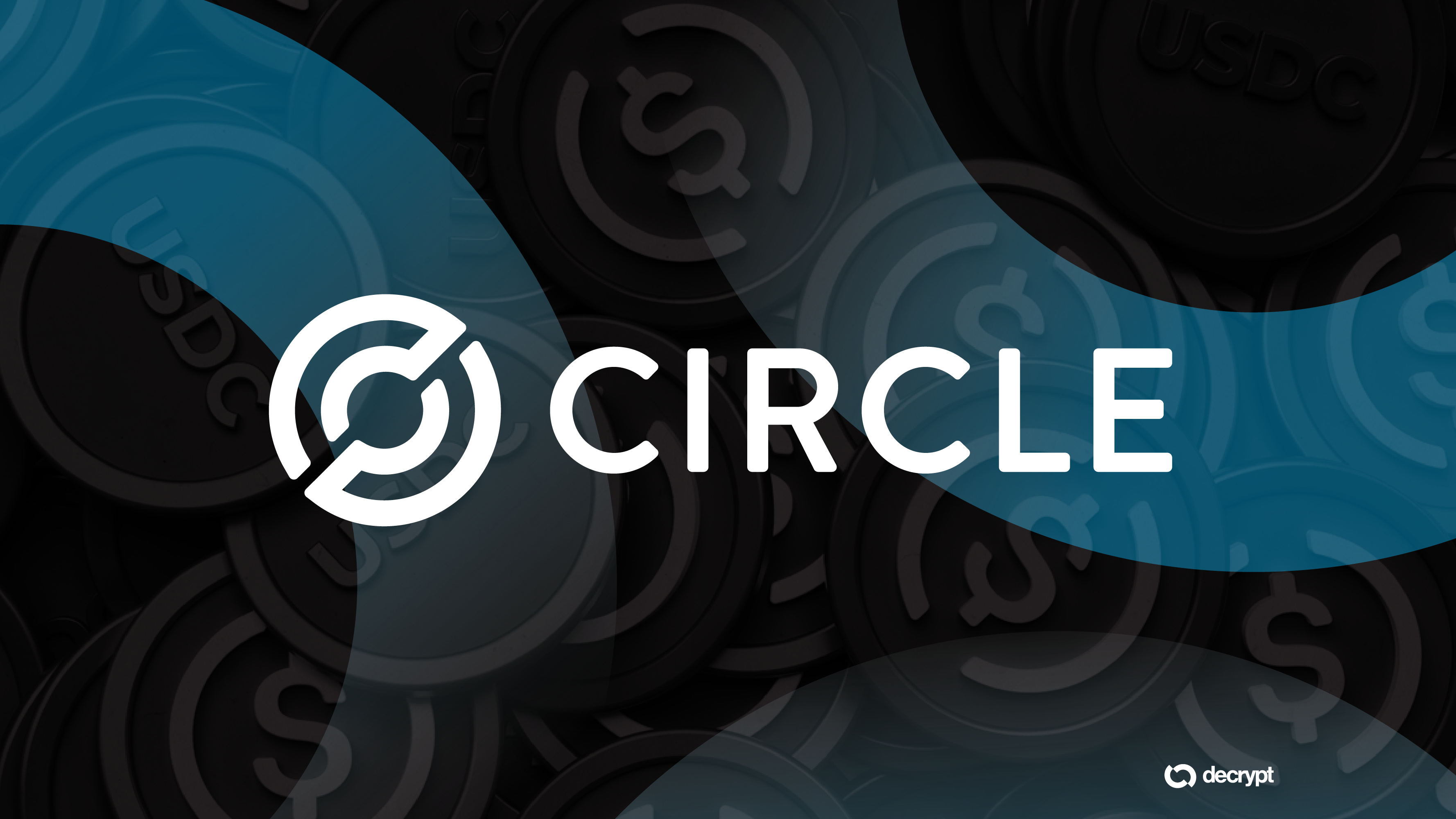
BlackRock Acquires $357M in BTC and ETH as Institutional Crypto Sentiment Shifts
The cryptocurrency market is witnessing a significant shift in institutional sentiment, with major players like BlackRock making substantial moves. The world’s largest asset manager recently acquired $357 million worth of Bitcoin (BTC) and Ethereum (ETH), signaling growing confidence in digital assets. This development comes amid broader market fluctuations, regulatory scrutiny, and evolving adoption trends.
Below, we break down the latest developments, including BlackRock’s crypto accumulation, shifting whale behavior, and other key industry updates.
BlackRock’s $357M Bitcoin and Ethereum Purchase
According to recent reports, BlackRock has purchased $357 million worth of BTC and ETH, reinforcing its position as a major institutional player in crypto. The move aligns with the firm’s earlier filing for a spot Bitcoin ETF and its growing involvement in blockchain-based financial products.
While BlackRock has not publicly disclosed its exact motivations, the purchase suggests a strategic accumulation rather than short-term speculation. Notably:
- The acquisition coincides with Ethereum whales increasing their holdings, while some Bitcoin whales have shifted toward profit-taking.
- The firm’s iShares Bitcoin Trust (IBIT) has already attracted billions in inflows since its launch.
This development underscores a broader trend of institutional investors warming up to crypto despite ongoing market volatility.
Bitcoin HODLing Hits 2-Year High Amid Market Uncertainty
Despite recent price fluctuations, Bitcoin’s HODL level has reached a two-year high, indicating strong long-term holder (LTH) conviction. Key data points include:
- Accumulation scores for mid and small buyers have hit 1.0, suggesting sustained buying pressure.
- Long-term holders now control a larger share of BTC supply, reducing available liquidity.
This trend could signal reduced sell-side pressure, potentially stabilizing prices in the long run. However, short-term volatility remains a factor due to macroeconomic uncertainties and political influences—such as the ongoing feud between Elon Musk and Donald Trump, which has impacted meme coins like $TRUMP.
Market Turbulence: Bitcoin Dips Below $102K Amid Liquidations
Bitcoin recently slipped to $101,579, with nearly $964 million in liquidations across derivatives markets. Contributing factors include:
- Political tensions between Trump and Musk affecting investor sentiment.
- Broader risk-off sentiment in traditional markets spilling over into crypto.
While some analysts warn of further downside risks—including a potential drop below $100,000—others point to strong fundamentals, such as ETF inflows and institutional adoption, as counterbalancing forces.
Regulatory Developments: US Seizes $7.7M in Crypto Tied to North Korea
The U.S. Department of Justice has filed a civil forfeiture complaint to seize $7.7 million in crypto and NFTs allegedly linked to North Korean IT workers involved in money laundering schemes. This highlights:
- Increasing regulatory scrutiny on illicit crypto transactions.
- The use of blockchain forensics to track unlawful activities.
Such enforcement actions reinforce the need for compliance measures within the crypto industry while also demonstrating authorities' ability to trace funds on public ledgers.
Brazil Considers Crypto Tax to Offset Financial Transaction Levy
Brazil is debating whether to impose a cryptocurrency transaction tax to offset an increase in its existing financial transaction levy (IOF). Key takeaways:
- The proposal aims to mitigate the economic impact of higher taxes on traditional financial transactions.
- If passed, Brazil would join other nations implementing crypto-specific tax policies.
This move could influence trading volumes in Latin America’s largest crypto market but may also push users toward decentralized alternatives to avoid taxation.
Circle’s IPO Valuation Reaches $18.4B—How Does It Compare?
Stablecoin issuer Circle recently closed its IPO with an $18.4 billion valuation, positioning itself among major crypto market entrants:
- While below Coinbase’s historic IPO valuation ($86B at launch), it outperformed newer players like Fold and eToro.
- The listing reinforces confidence in stablecoins as a foundational element of crypto finance.
Circle’s USDC remains a dominant force in payments and DeFi, though competition from Tether (USDT) continues to intensify.
Uber CEO Hints at Future Crypto Payments Adoption
Uber CEO Dara Khosrowshahi has reiterated interest in accepting cryptocurrency payments—particularly stablecoins—for global transactions:
- No concrete timeline or implementation plan has been announced yet.
- Stablecoins are seen as a viable solution for cross-border payments due to their price stability compared to volatile assets like BTC or ETH.
If Uber adopts crypto payments, it could accelerate mainstream merchant acceptance of digital currencies worldwide.
Spanish Coffee Chain Proposes $1B Bitcoin Treasury Plan
Vanadi Coffee, a Spanish coffee franchise, is considering allocating up to 1 billion euros (~$1.1B) into Bitcoin as part of its treasury strategy:
- The proposal is still under discussion and requires approval before execution.
- If enacted, Vanadi would become one of Europe’s largest corporate BTC holders alongside MicroStrategy and Tesla.
This follows a growing trend of companies diversifying reserves into Bitcoin as an inflation hedge and long-term store of value.
Conclusion: Institutional Crypto Sentiment Continues Evolving
BlackRock’s $357M BTC and ETH purchase highlights the growing institutional embrace of digital assets despite market turbulence. Meanwhile:
- Long-term Bitcoin holders remain steadfast amid price swings.
- Regulatory crackdowns and tax proposals shape regional adoption trends.
- Major corporations like Uber explore stablecoin payments while others consider large-scale Bitcoin treasury allocations.
As institutional players deepen their involvement, the crypto market is poised for further maturation—though short-term volatility remains inevitable due to macroeconomic and geopolitical factors. Investors should stay informed on these developments while assessing risk accordingly.
Images in the article:
